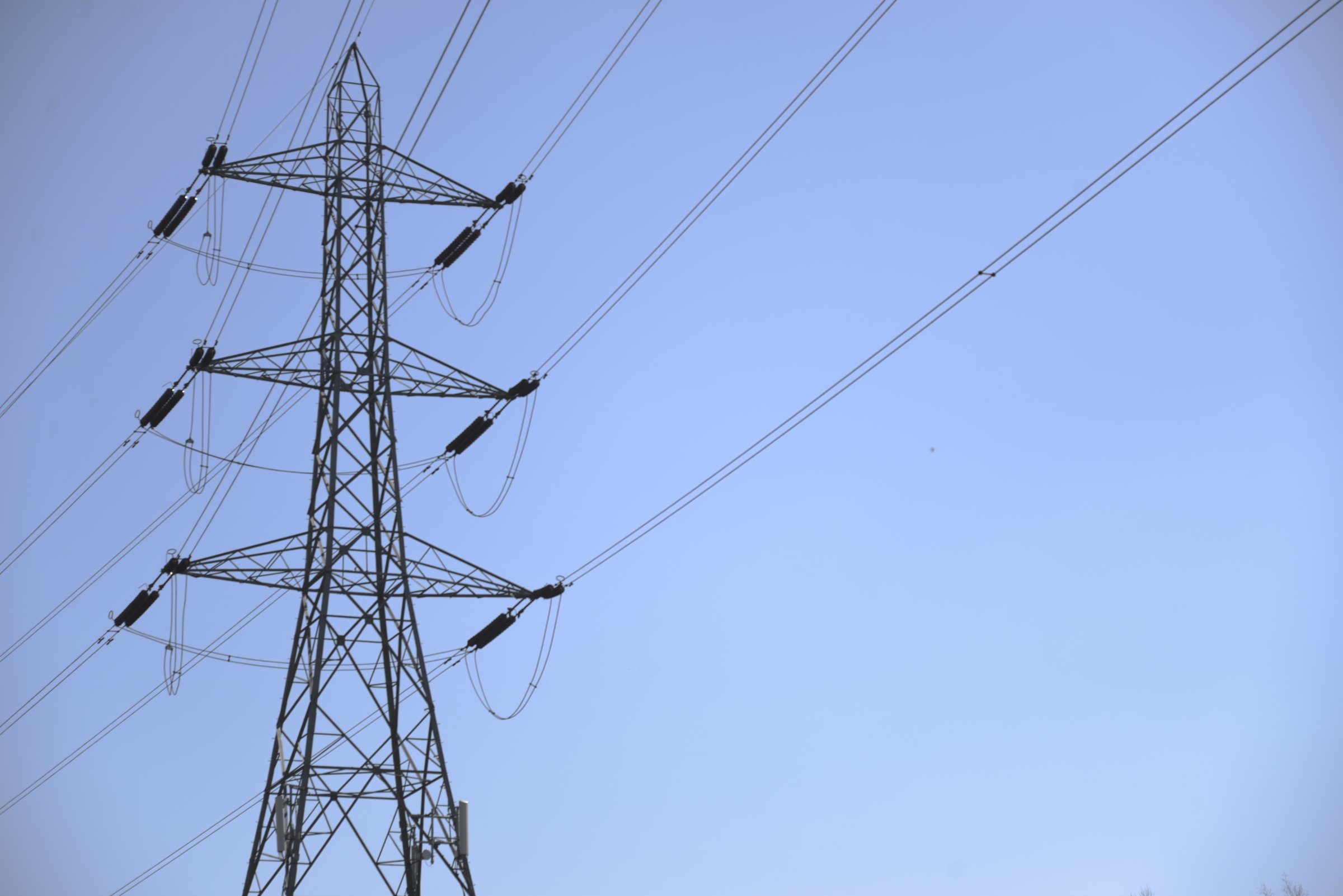
Utilities have operated more or less the same since the electrification of American cities began more than a century ago. Americans run their lights and appliances, the utility company sends a bill for the electricity consumed and customers send in a check.
But major changes in the energy industry—driven by everything from technological advances to environmental regulation—have uprooted the business model of electric utility companies across the globe. Customers can now create and store their own power thanks to solar panels and batteries, while government incentives encourage utility companies to help customers use less electricity—the very product utilities are selling.
“Fundamental changes have forced the utilities to reconsider their business model,” says Alex Laskey, president of Opower, a company that provides software services to utilities to help consumers reduce electricity consumption among other things. “They have decided that they don’t want to be a commodity provider any longer. What they want to be is an energy services provider.”
Read More: Why Climate Change Could Hurt Power Production
Providing an array of energy services, rather than just providing electricity, means something different for each utility. Utility companies in sunny states with regulations favorable to residential solar have considered selling and marketing solar panels themselves, or contracting with local providers. Some utilities hope the move will slow growth at new solar installers like SolarCity and Sunrun, firms that utilities see as potential long-term threats to their business model. (Residential solar companies eat into utilities’ customer base by offering them an alternative energy source.)
Utility companies have also turned to selling efficiency solutions. A utility company might recommend and sell LED lights to customers who could reduce their electricity use by using them. Small businesses with widely varied energy use patterns offer a much broader set of opportunities. A utility company might offer an energy efficient oven to a pizzeria or motion sensors to turn off lights to a company with a little-used warehouse.
The Ivanpah Solar Project: Generating Energy Through Fields of Mirrors



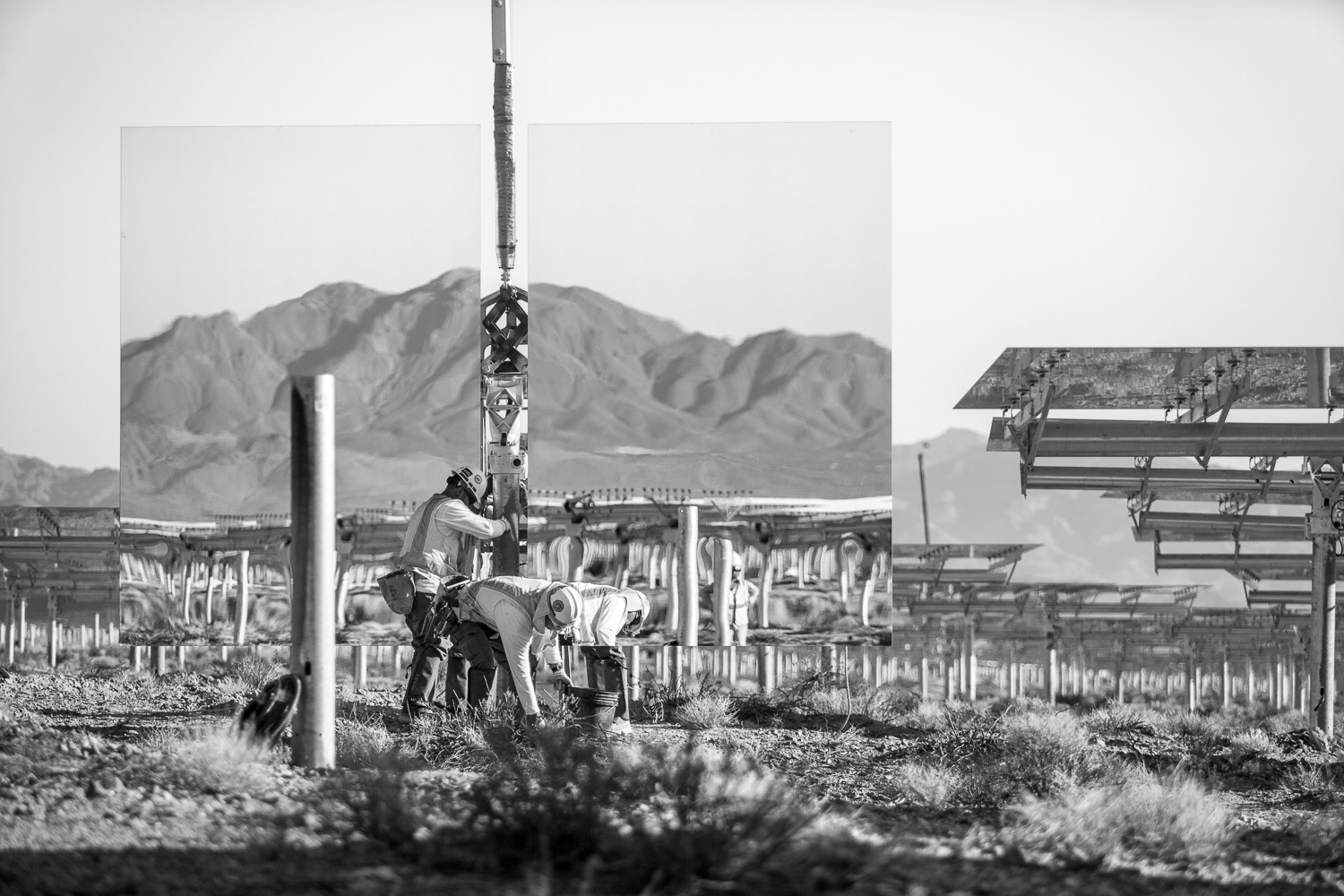


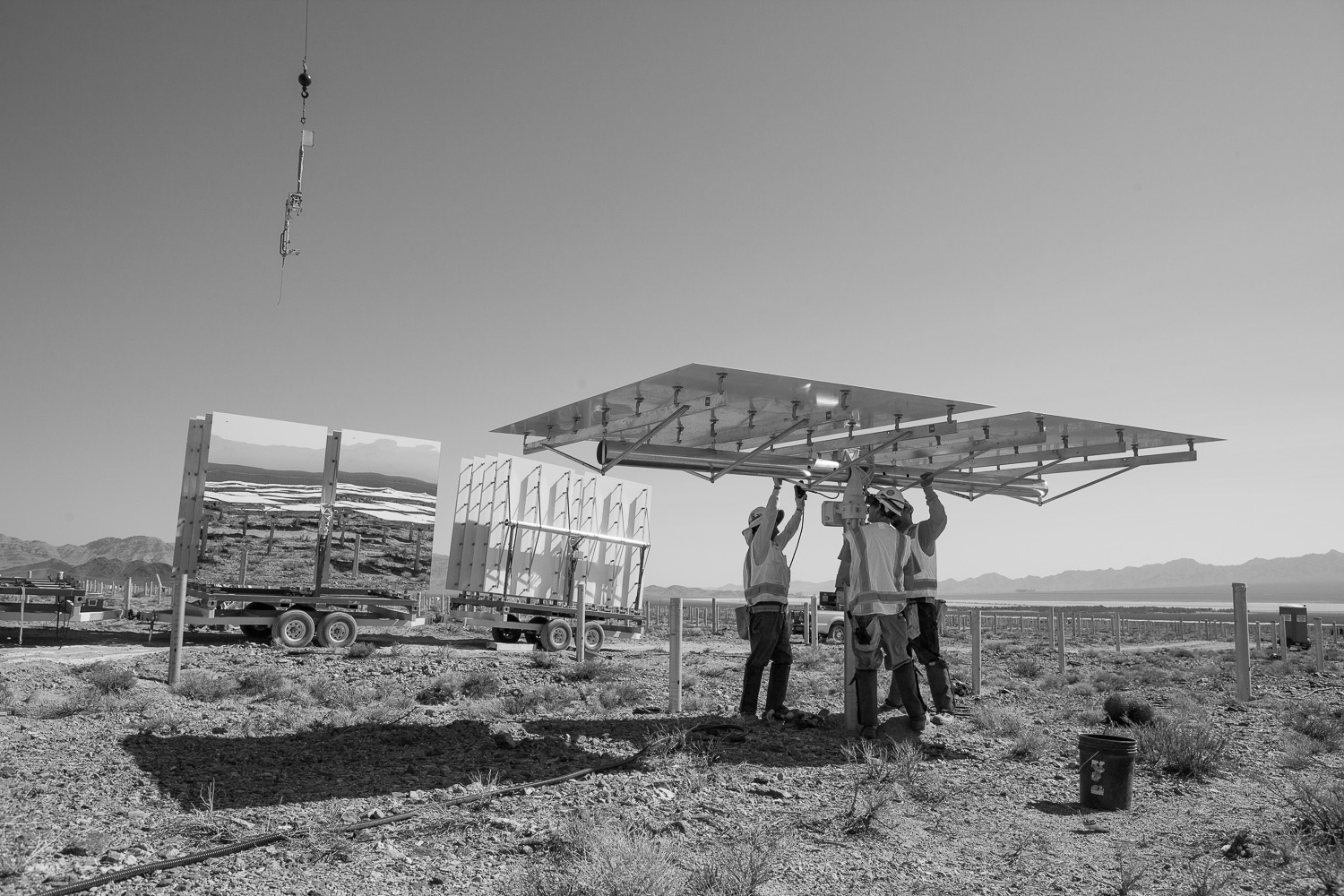


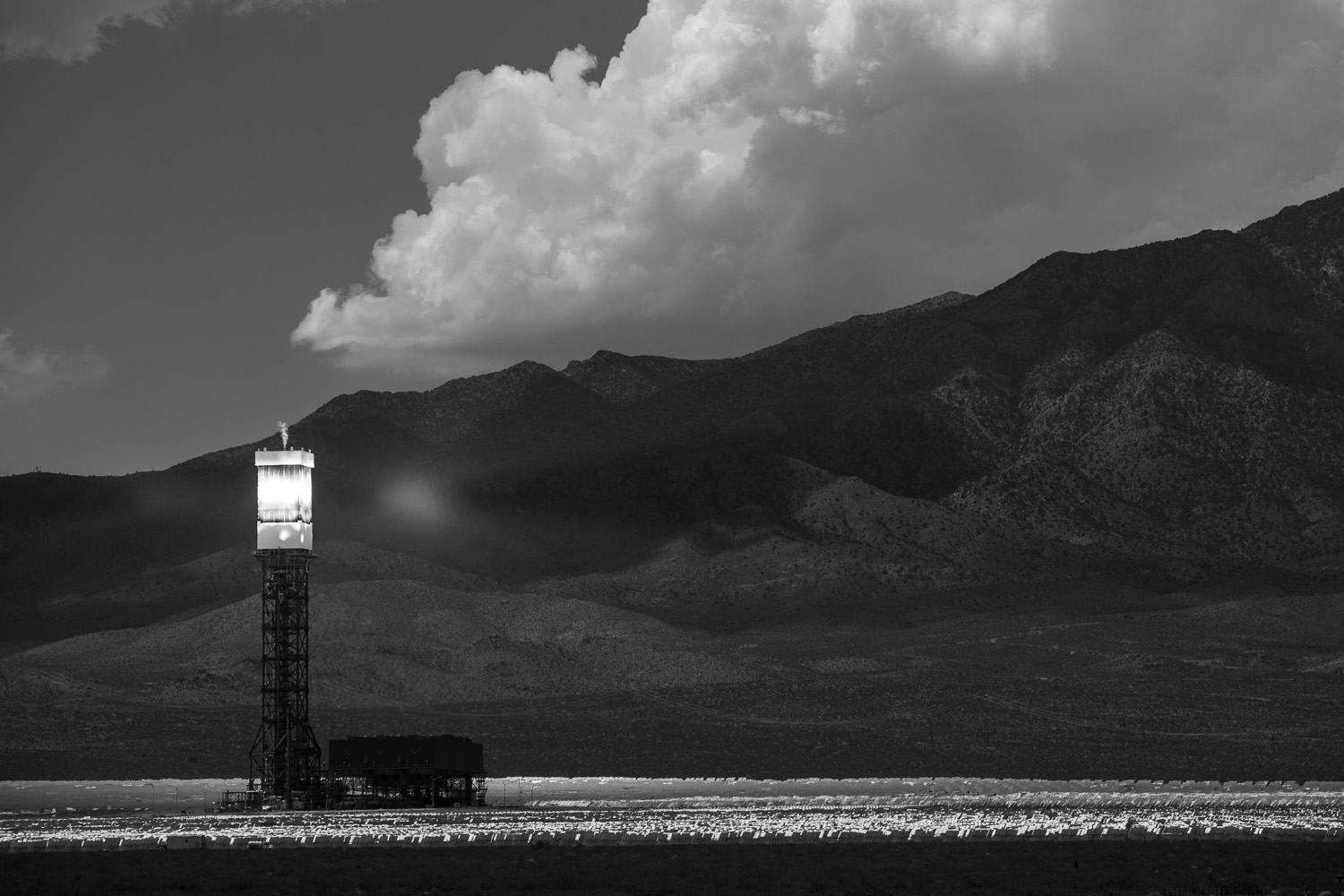
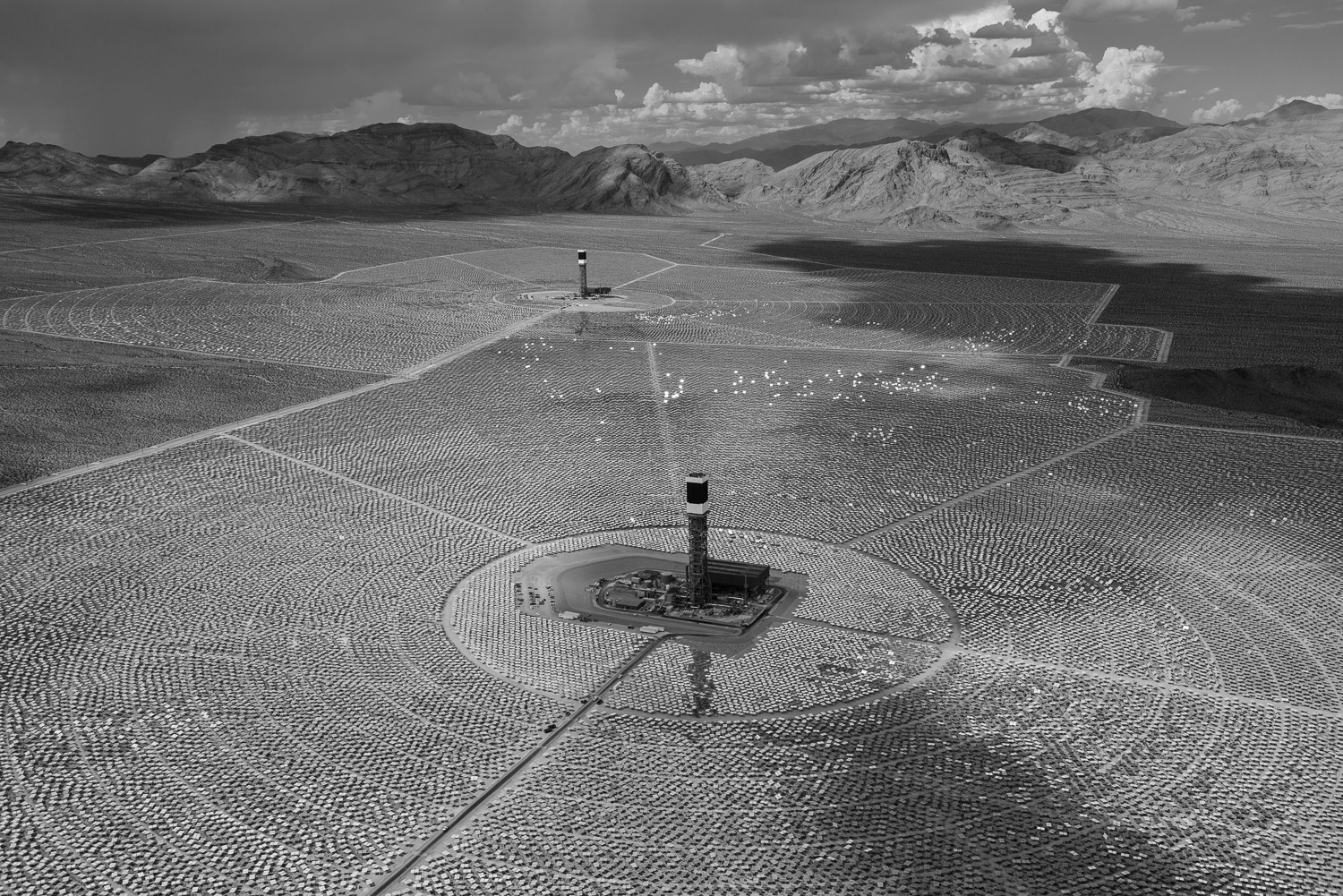

“People are buying solar panels, people are buying efficient bulbs, they’re reducing consumption anyway,” says Swapnil Shah CEO and co-founder of energy analytics company FirstFuel. “The utilities have a choice–they can get in on the game and help them do that and make money or they can sit back and watch their revenue disappear.”
Utility companies offering services that help consumers reduce electricity use might seem counterintuitive. But most utilities, which are highly regulated by state and local jurisdictions, benefit from government incentives that are aimed at encouraging these programs. In response to climate change and clean energy standards, regulators in many states have deployed incentives to mandate that utilities switch to clean energy sources. The schemes vary, but one model allows utilities to raise slightly the rates consumers pay for their electricity if the company meets efficiency standards.
Cutting energy use also helps avoid the cost and time required to improve infrastructure on the grid and build new power plants. Utility companies plan how much power they need based on satisfying peak demand—the time during the day when the most power is being used. Because fossil fuel (and nuclear) plants offer the most reliable way of meeting peak demand, energy efficiency programs keep utilities from investing in the dirtiest types of fuel. Savings from energy efficiency programs tend to cost a third of what building new plants would cost, according to an American Council for an Energy-Efficient Economy report.
But utilities will only be able to sell those new services if they can better access energy use data and the tools to analyze it. Companies like Opower and FirstFuel collect massive amounts of data from utility companies, combine that with third-party data about the consumer and run algorithms to evaluate the energy use—and how they can improve.
Read More: Why Your Electricity Will Be Greener in 2016
The move into energy efficiency ostensibly threatens the business of other energy service providers like solar panel providers Solar City. Today’s solar panel distributors should be concerned about how the government might choose to regulate utility companies selling other services, says SolarCity CEO Lyndon Rive. The business of utilities selling solar panels should not receive the same government protections as the utilities’ core business, he says. “I’d be really happy if the utility companies got into the solar space. I think it would be good for the solar industry,” says Rive. But utilities need to “take the same risks that we have to take.”
The switch from passively providing electricity to offering a wide array of energy services represents a dramatic change for an industry that most consumers hardly notice—even if they depend on it. The average American energy customer spends only nine minutes engaging with their electricity provider each year, according to an Accenture report, and even then, typically only when a high bill comes or the power goes out. Many utility companies have already begun a process of increasing their interactions with consumers, providing in-depth reports of electricity use, emailing customers to warn them of a spike in their bill or telling them how their energy use compares to that of their neighbors. That represents just the first step in a process of strengthening the relationship.
“This is the next step in customer engagement,” says David Jacot, director of efficiency solutions at Los Angeles Department of Water and Power. “It’s not just customer service anymore. It’s ongoing concern and a mutually supportive relationship between a utility and its customers.”
More Must-Reads from TIME
- Why Trump’s Message Worked on Latino Men
- What Trump’s Win Could Mean for Housing
- The 100 Must-Read Books of 2024
- Sleep Doctors Share the 1 Tip That’s Changed Their Lives
- Column: Let’s Bring Back Romance
- What It’s Like to Have Long COVID As a Kid
- FX’s Say Nothing Is the Must-Watch Political Thriller of 2024
- Merle Bombardieri Is Helping People Make the Baby Decision
Write to Justin Worland at justin.worland@time.com